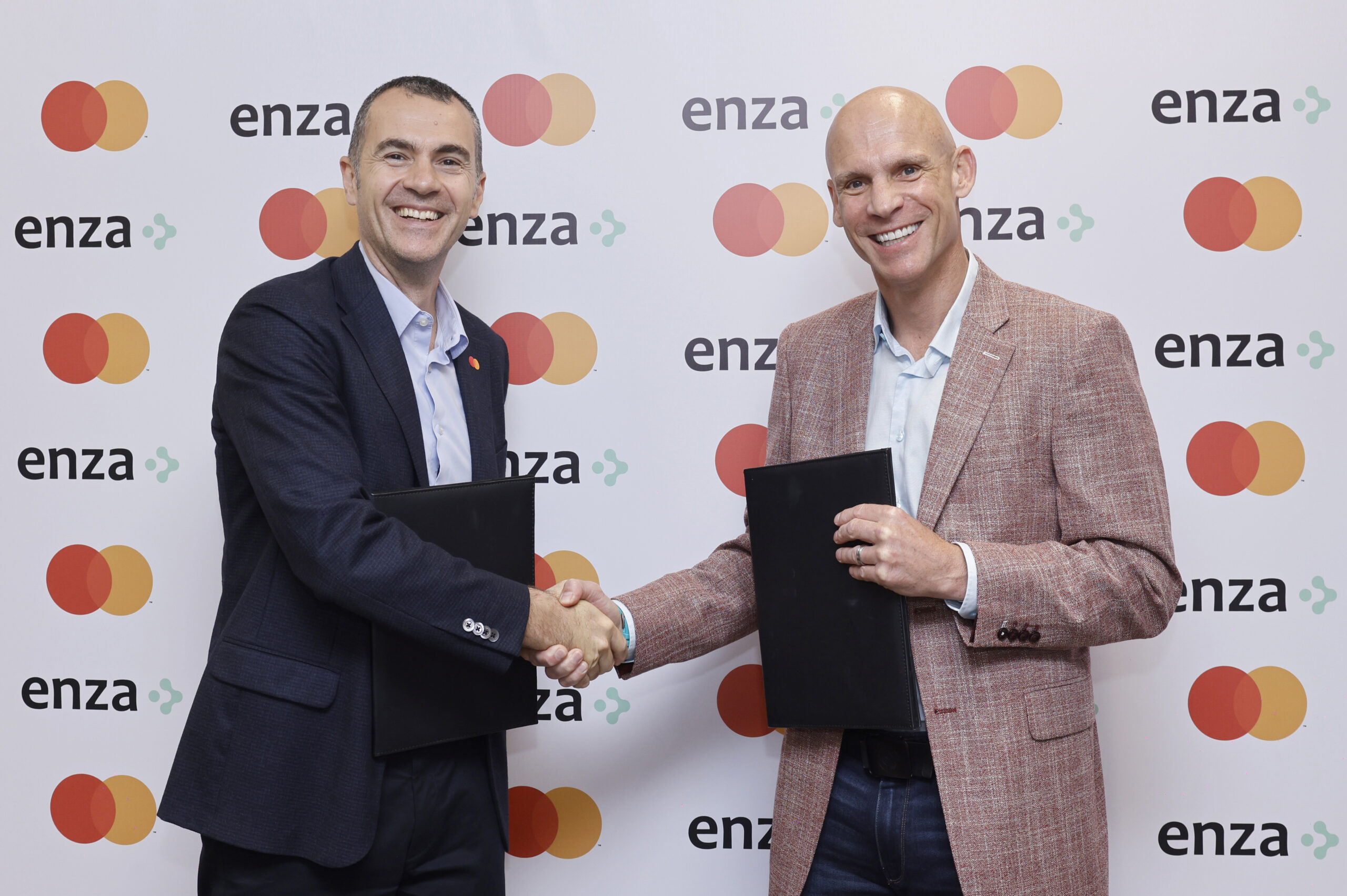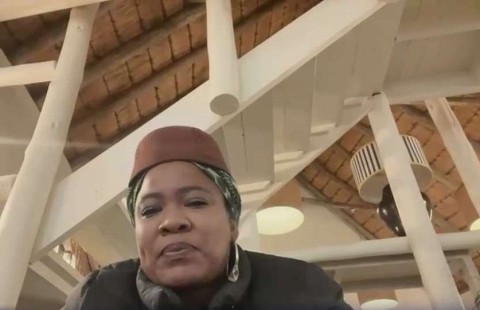Visa Expands African Stablecoin Payments with Yellow Card Partnership
Visa has significantly expanded its stablecoin settlement capabilities, particularly across Central and Eastern Europe, the Middle East, and Africa (CEMEA), marking a strategic move to deeply integrate stablecoins into the global payment infrastructure. This initiative is further bolstered by a new partnership with Yellow Card, a prominent pan-African crypto exchange. Since 2023, Visa has already facilitated over $225 million in stablecoin volume, demonstrating its commitment to leveraging digital assets for modern payment solutions.
A core component of Visa's strategy is its 24/7 USDC settlement service for select issuers and acquirers in the CEMEA region. Utilizing Circle's USDC on public blockchain networks, this system is designed to facilitate seamless cross-border payments and enhance real-time liquidity management. By offering continuous settlement, Visa aims to minimize operational friction and increase transaction speed. Initially, Visa partnered with Crypto.com to allow crypto cardholders to convert digital assets into USDC for merchant payments. This has now evolved to support direct USDC payouts to merchants through partners like Worldpay and Nuvei, streamlining transactions by eliminating the need for USDC-to-fiat conversions, thereby reducing costs and accelerating settlement times. This innovation strengthens the integration of blockchain technology within traditional payment rails.
The collaboration with Yellow Card is particularly strategic for Visa's expansion in Africa. Yellow Card, holding licenses in over 20 African countries, provides Visa with crucial access to key emerging markets and a ready-made infrastructure to scale stablecoin settlement. The partnership focuses on innovating cross-border payments through stablecoins, with both firms aiming to develop robust infrastructure for treasury operations and digital dollar liquidity. Yellow Card plans to pilot stablecoin payment services in at least one African country by the end of 2025, with further market rollouts anticipated in 2026, carefully aligning with domestic financial laws and currency exchange regulations. This phased approach underscores a belief that stablecoins will be integral to modern payment systems, meeting the increasing demand for cost-effective, cross-border financial services.
The growing interest in stablecoins globally, with volumes surpassing $33 trillion over the past year, signals a clear demand for crypto-powered financial infrastructure, especially in emerging markets. Sub-Saharan Africa, in particular, remains a significant region for crypto adoption due to the challenges posed by unstable local currencies and limited access to the U.S. dollar. Stablecoins offer a viable solution for businesses handling cross-border transactions, providing a stable medium to navigate currency volatility and capital restrictions. This partnership between Visa and Yellow Card not only validates the momentum of crypto adoption in Africa but also significantly accelerates it.
Visa's long-term commitment to digital currency solutions is evident in its other strategic investments. The company debuted the Visa Tokenized Asset Platform (VTAP), which supports tokenized deposits and stablecoins, with Spanish bank BBVA being an early partner testing an Ethereum-based stablecoin. Furthermore, Visa's investment in BVNK, a stablecoin payments platform specializing in business-to-business payments, highlights its overarching strategy to bridge traditional finance with blockchain systems. By collaborating with fintech pioneers, Visa aims to redefine payment standards for both businesses and consumers, demonstrating a forward-looking approach to the evolving landscape of global payments.









